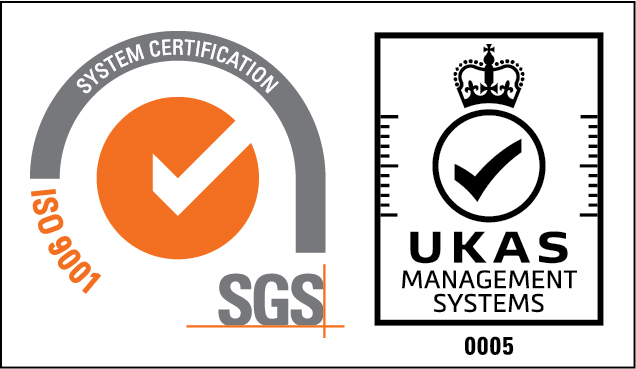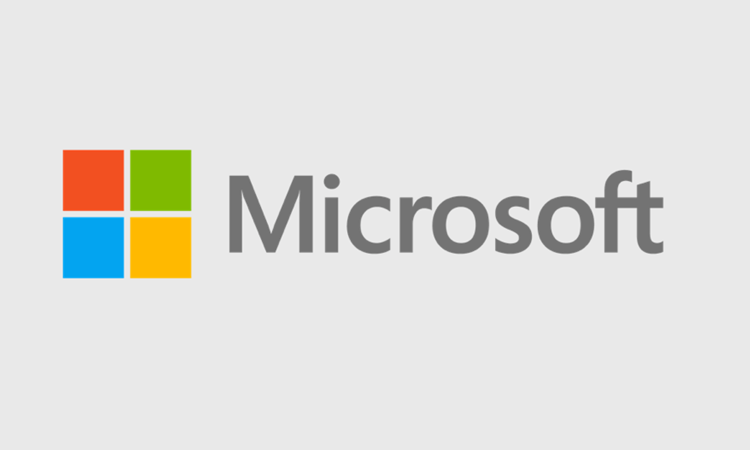Every day, businesses are processing a wide range of datasets for many reasons including storing credit card details, address information and more to facilitate payments and bookings for products and services.
This also applies to the healthcare industry where patient data is being processed and handled by a vast number of organizations that are working to provide people with medicines, specialist care and much more.
In the U.K., it has been estimated that the value of the data held by the country’s NHS (National Health Service) is worth over £9.6 billion a year. This is due to the fact that Britain’s public health care organization has over 1 million employees and handles the data of millions of patients across the nation.
With modernization efforts ongoing, the NHS is transferring patient data to digital with the use of highly complex and integrated systems to store that information across many regions and in different specialist departments.
The NHS is not alone in its obligation to protect patient information. In fact, many organizations around the world are playing catch up with new data laws and are seeking to protect that information which can be very valuable to businesses and also to criminals.
There have been a number of RansomWare cases and others where data has been accessed and published online. Passwords and personal information was accessed and used to lock systems and force people to pay a ransom in order to be able to access their data.
Following the implementation of GDPR in Europe, the US-EU Privacy Shield, and now California’s new data law in January 2020, it’s important that organizations have data protection procedures in place so that personal information that is stored and then no longer needed, gets fully erased.
Businesses and organizations often rely solely on software to erase records, however this doesn’t provide security as this only writes a new layer of data on a hard drive. This means that the previous data layer still exists and can be accessed later by criminals and other enterprises. This is where degaussing can ensure that data is magnetically wiped. In addition, older hard drives that have been magnetically erased can be crushed with a HDD Destroyer for the purposes of recycling.
Businesses can benefit from erasing data and auditing their efforts as data compliance becomes more important in countries around the world. The value of patient data is clear and the costs and risks associated with losing that data can result in regulators issuing fines to companies that are not prepared or not complying with data laws.
Is your business or organization erasing data securely?














